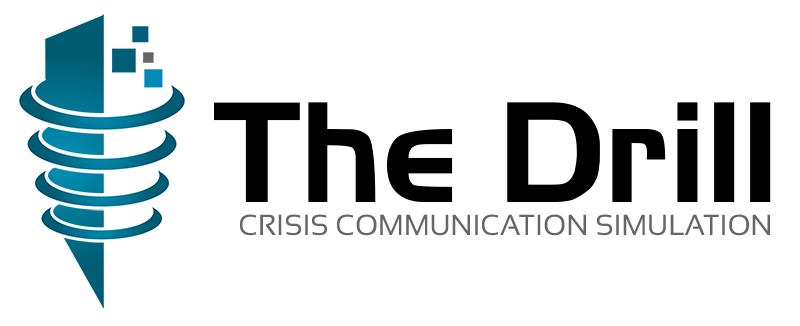In crisis management training, methodology matters
It can be great to give a big fat tick to have just completed your annual crisis simulation exercise, right?
No need to do that again - depending on the size, risk ledger, staff churn and market threats relative to your organisation - for at least another year [or two, some might hope].
But what methodology or modality did you choose for your crisis management training or crisis simulation exercise? Was the focus on operational crises handling or a media crisis response? Was it about intel management or material outputs? Was the firm's crisis management team activated, or just carried out at a silo level? Ideally, it included a mix of all of the above. The method you use can impact how your staff perform on the actual day of a crisis incident or in the lead up to - and development of - any crisis scenario situation.
Now if you didn't consider this, then what you likely completed was a rote-exercise that undersold the real purpose of a good crisis simulation; which is to teach people and test your risk management templates, your company crisis plans and crisis preparation readiness.
Generally, there are three ways that organisations approach the task of crisis management training. And it surely goes without saying that the facilitation trainers should hold formal qualifications in teaching and training of crisis related topics so that crisis exercise templates can be specifically customised to learner cohort needs. After all, the aptitudes of shop-floor staff often differ greatly to those of an executive board.
So, here are the three broad methods commonly deployed when companies are in crisis training mode, and an overview of what each crisis training method offers - and doesn’t:
1) Discussion forum: This is, typically, where the crisis response team or risk management cohort gathers around a table to informally discuss the company risk and threat landscape. Clearly, surfacing imminent issues and problems can have value. However, unless the active issues are given triage and management responsibilities and activities, then the exercise remains a largely theoretical one. When discussing crisis management plans, it's estimated that learners only mentally retain up to 20% of the topics under discussion.
2) Desktop exercise: These crisis training sessions usually feature more structured participation by learners, where mock materials - briefing docs, incident reports and media clippings - are physically given to delegates to help with the believability of the session. Verbal challenges are presented, with attempts to engineer cohesive pressure responses a key part of the brand risk management requirements. When learners are able to see and hear crisis management decision-making take place, it's estimated that learners mentally retain up to 50% of the session's teachings.
3) Live publishing simulation: In such crisis management exercises, learners must actually assess, decide and document their decisions and responses in real time, using an interactive portal. While that necessitates a mix of craft knowledge and best-practice theory, the key elements which mark this modality as a more productive crisis simulation workshop are the commitment and pressures to permanently document decisions [and update them digitally] as the crisis scenarios develop or escalate; just as they would in real life. When learners are forced to realistically 'do the drill' demanded by crisis response manuals or crisis methods, learners recall and remember up to 90% of the workshop teachings. Education studies tell us immersive learning works bets for knowledge transfer and learning retention.
This article started off with the premise that 'methodology matters' when undertaking crisis planning sessions. Obviously, the end goal of any crisis simulation must be to ensure the organisation's crisis response personnel know - and can efficiently enact - their roles and responsibilities if and when crises strike.
Sure, your crisis team can simply mull on the threat landscape; talk is cheap. More, they can talk about its likely impacts and hypothetically propose what they would do if the stuff hits the fan.
But for maximum return on any investment in time and money, a bespoke, digital simulation which accurately replicates the key problems and pressures that the staff will encounter, and which tasks them to document their best thinking and craft real-life responses in real time, delivers the knowledge and practical skills they need to recall, when crisis situations occur.
